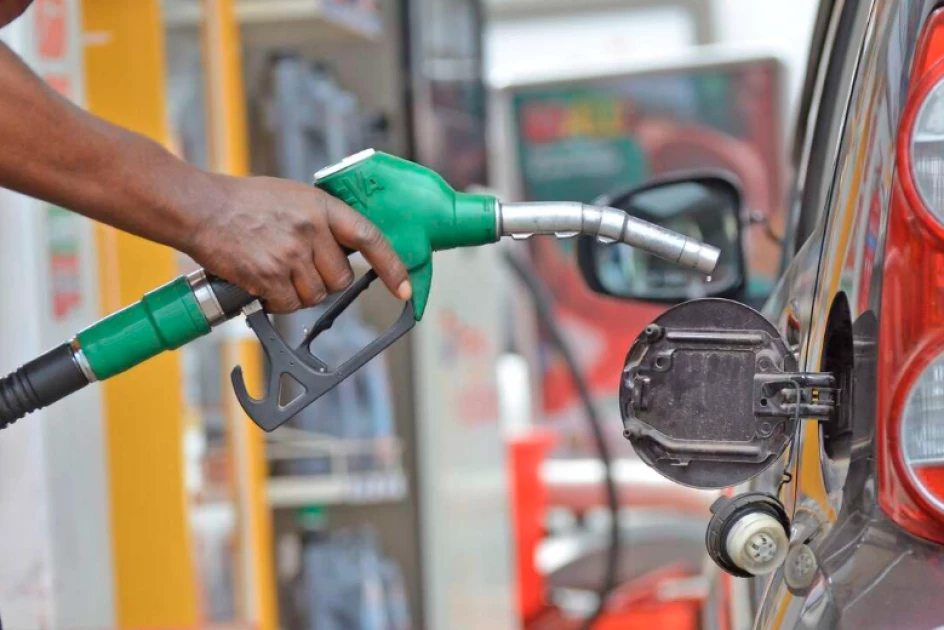Many households rely on neighborhood gas vendors, often called ‘Kimani wa Gas’, for cooking fuel. While convenient, EPRA warns that buying gas from unlicensed or poorly trained vendors can put your safety at risk.
Safety Concerns with Gas Transport
During a recent forum in Nairobi, the Energy and Petroleum Regulatory Authority (EPRA) highlighted that many local gas handlers operate without proper licenses or knowledge of safety standards. David Choi from EPRA explained that most accidents are not random they happen because of breaches in transportation and storage procedures.
A major concern is how gas cylinders are transported. EPRA stressed that cylinders should always be moved upright. Yet, many vendors place them horizontally on motorbikes. This improper handling increases the risk of gas leaks, fires, or explosions.
The Cost of Accidents
Gas accidents do not only threaten lives they also come with high financial losses. EPRA reports that one accident can cost up to Sh15 million per transporter. This covers damages to vehicles, rescue operations, cleanup, and disruption along the supply chain.
Balancing Safety and Access
Small business owners argue that strict regulations hurt independent vendors who supply underserved areas. This creates a challenge: ensuring households have access to cooking gas while enforcing safety standards.
How to Stay Safe
EPRA urges consumers to:
- Buy gas only from licensed suppliers.
- Ensure cylinders are transported and stored upright.
- Report unsafe handling to authorities.
The regulator’s ongoing awareness campaign aims to educate both suppliers and households about these risks. By following these guidelines, you can continue using cooking gas safely while reducing the chance of accidents.

